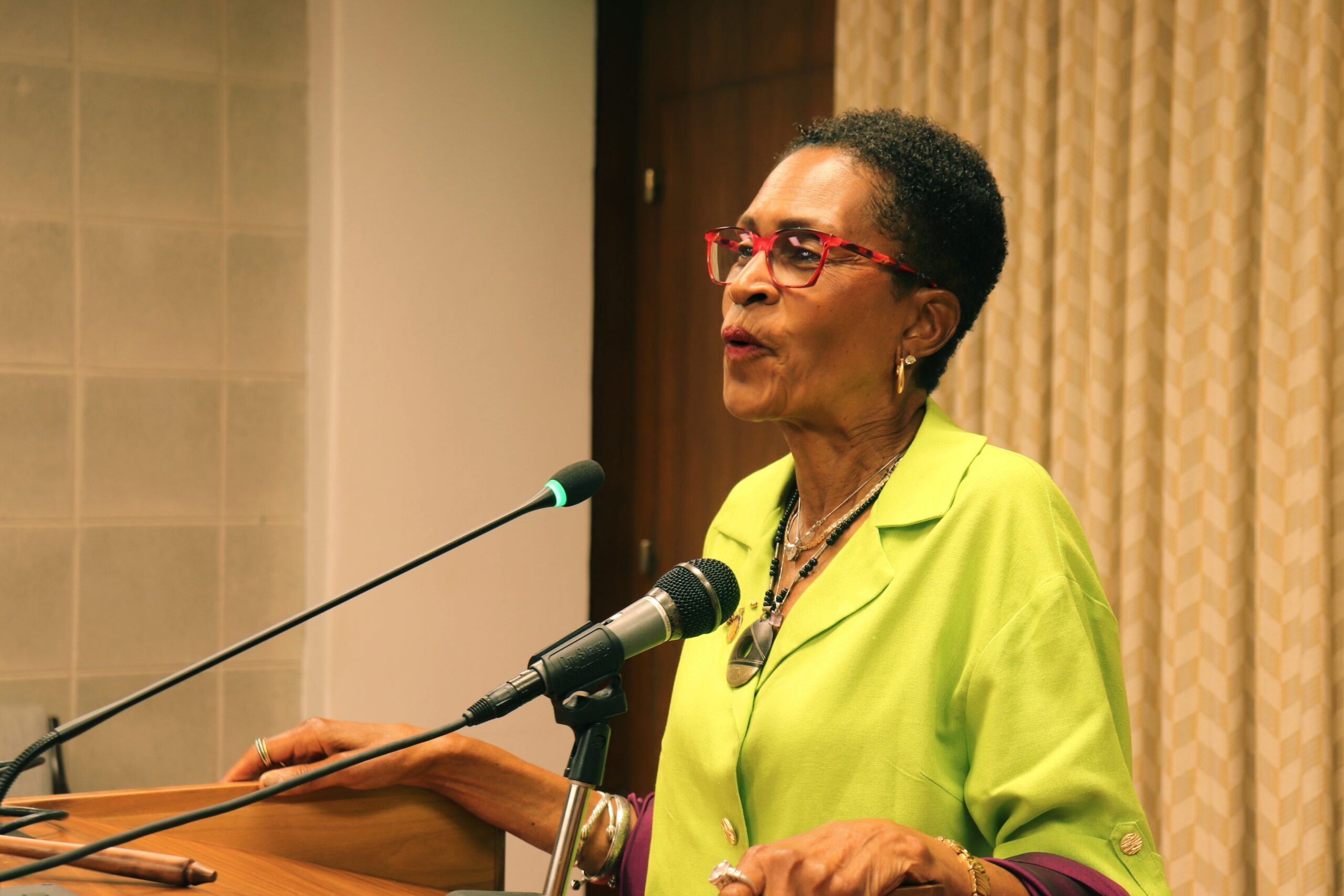
North Carolina Rep. Renée Price (D-Orange County) is leading a legislative fight to mitigate the release of chemicals known as PFAS into the public water system.
Perfluoroalkyl and polyfluoroalkyl substances, or PFAS, are a group of synthetically produced chemical compounds. PFAS often ends up in drinking water because of a variety of factors such as industrial waste, landfills and waste-water treatment plants.
Price has been a regular sponsor of bills regarding health care and environmental safety, filing several pieces of legislation to combat and regulate these so-called “forever chemicals,” to study their impact and to hold PFAS manufacturers financially accountable for health damages.
PFAS have held a long reputation of being versatile, with their usage in clothing as a waterproofing substance dating back as far as the 1940s.
“Years ago … it was almost like a miracle product,” Price said. “So it’s been so many things that we’ve come to rely on in our modern way of life.”
A large concern about these chemicals being in drinking water is the aftereffects on people’s health. The usage of PFAS ranges from household items such as non-stick kitchenware to foam used by firefighters.
According to a National Library Of Medicine study published in 2024, firefighters were found to have “elevated concentrations of PFAS,” especially members who were stationed at a base with a high level of PFAS in their water supply, this means they have a higher risk for certain types of cancers.
Price and her colleagues have focused on studying the effects of PFAS, as well as working in collaboration with organizations around the state such as the North Carolina Collaboratory and the North Carolina Coastal Federation. These organizations have been influential in boosting knowledge regarding PFAS, as well as studying its effects to help draft legislation to address public safety and health concerns.
Some of this legislation includes Price’s sponsored House Bill 569, which would require manufacturers that released PFAS into the public water system to pay for any damages resulting from the contamination.
Price said she has taken advantage of the collaboration between legislators and nonprofits when tackling this issue. The Coastal Federation has been influential in pushing for PFAS legislation since 2018.
“We’ve been working to communicate some of the results to the public…so that better decisions and laws and policies can be in place as a result,” said Kerri Allen, Coastal Management Project Director.
Price indicated that the fight against PFAS in the public water system will take time, and future generations must continue to advocate on behalf of all citizens’ health and safety.


